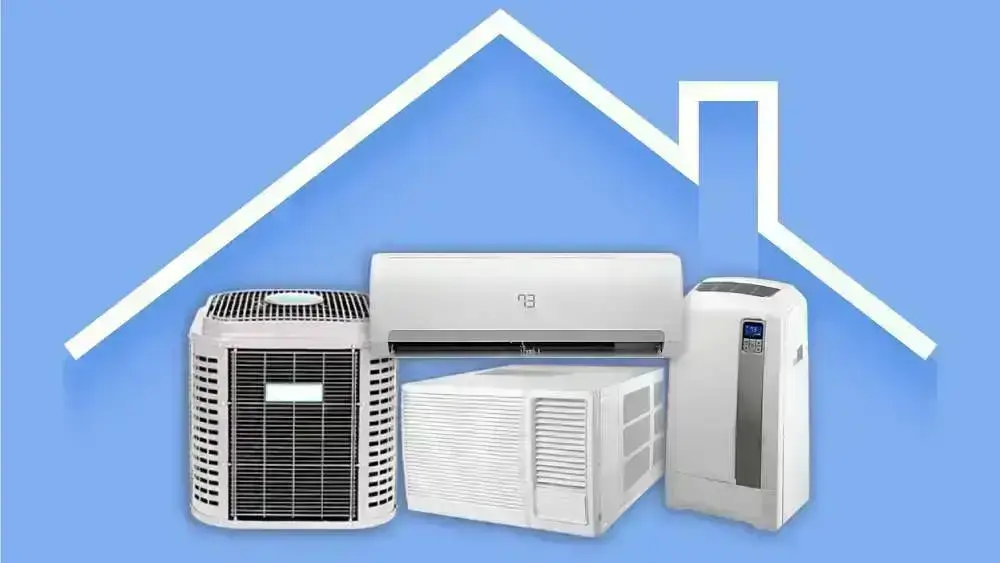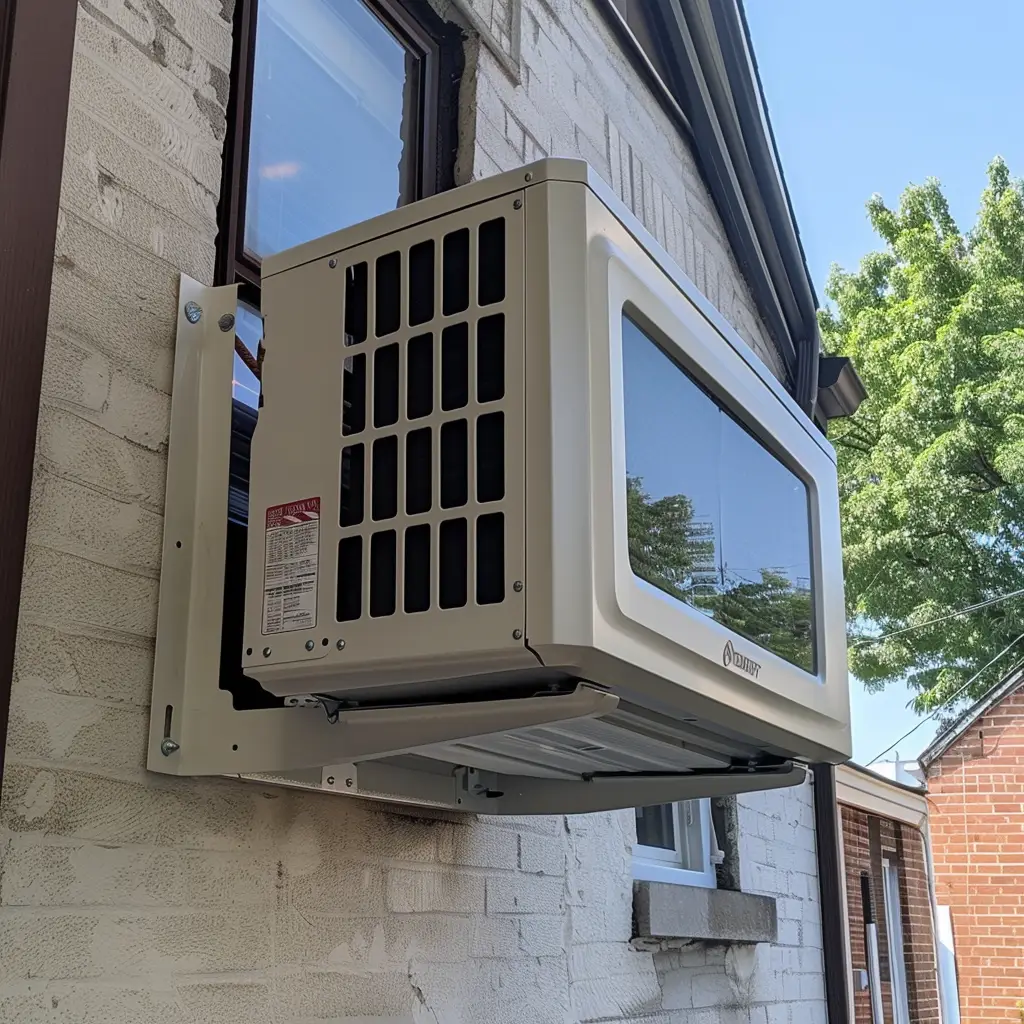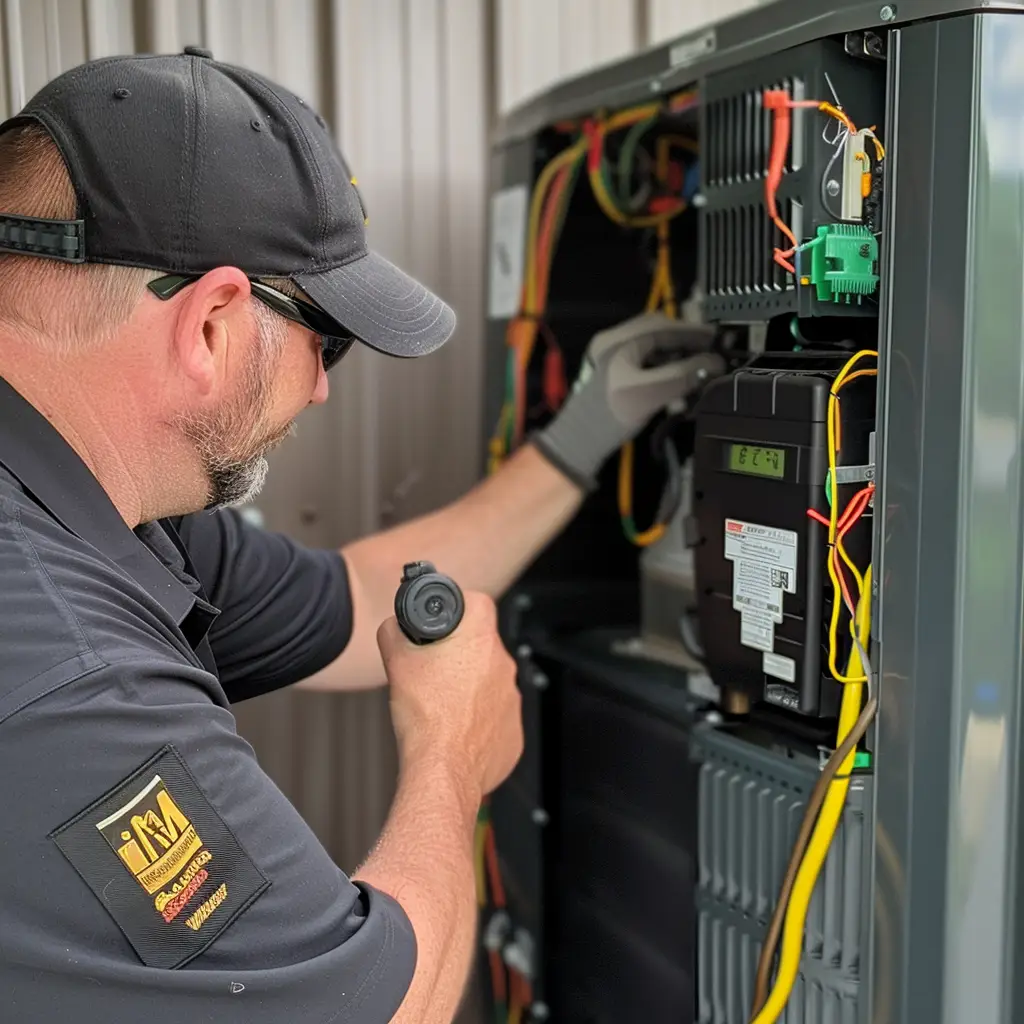Air conditioners are a vital part of many homes in Canada, providing a source of cooling during the hot summer months. While air conditioners are designed to last for many years, eventually they will need to be replaced.
In this blog post, we will discuss how long air conditioners typically last and what factors can affect their lifespan.
How Long Do Air Conditioners Last?
The lifespan of an air conditioner can vary depending on a range of factors, including the type of system, the quality of the unit, and the level of maintenance it receives. On average, air conditioners last between 10 and 15 years. However, some air conditioners may last longer or shorter than this, depending on the specific circumstances.
Types of Air Conditioners

There are several types of air conditioners, and each type has a different lifespan. Here is a brief overview of the different types of air conditioners and their typical lifespan:
- Central air conditioners: Central air conditioners, which are installed in a central location and use ducts to distribute cool air throughout the building, typically last between 15 and 20 years.
- Window air conditioners: Window air conditioners, which are installed in a window and cool a single room or small area, typically last between 10 and 15 years.
- Portable air conditioners: Portable air conditioners, which are portable and can be moved from room to room, typically last between 5 and 8 years.
- Ductless mini-split air conditioners: Ductless mini-split air conditioners, which are installed in a central location and use individual air handlers to distribute cool air throughout the building, typically last between 15 and 20 years.
Factors That Affect the Lifespan of an Air Conditioner

There are several factors that can affect the lifespan of an air conditioner, including:
- Quality of the unit: Air conditioners that are made with high-quality materials and construction tend to have a longer lifespan than those that are made with lower-quality materials.
- Level of maintenance: Proper maintenance can help extend the lifespan of an air conditioner. Be sure to follow the manufacturer’s recommendations for maintenance to avoid issues, such as damaged parts or dirty filters.
How To Ensure Peak Performance For Your Air Conditioner
Regular maintenance is crucial for ensuring that your air conditioner runs at peak performance. Some simple steps that you can take to maintain your air conditioner include replacing or cleaning the filters on a regular basis, keeping the outdoor unit clean, checking and maintaining the refrigerant levels, lubricating the moving parts, and having the unit professionally inspected and serviced.
How Often Your Air Conditioner Should Be Serviced
It is generally recommended to have your air conditioner serviced at least twice a year. This can help to ensure that it is running efficiently and effectively, and can help to identify any potential issues before they become serious problems.
Best Time Of Year For Air Conditioner Maintenance
The best time to have your air conditioner serviced is typically in the spring, before the start of the hot weather season. This allows you to ensure that the unit is in good working order before you need to rely on it to keep your home cool. By having your air conditioner serviced in the spring, you can also catch any potential issues before they become more serious and costly to repair.
Should You Repair Or Replace Your Air Conditioner?
There are several factors to consider when deciding whether to replace or repair your air conditioner:
- Cost: Repairing an air conditioner can often be less expensive than replacing it, especially if the issue is minor. However, if the unit is older or requires multiple repairs, it may be more cost-effective to replace it.
- Age of the unit: If your air conditioner is older, it may be more prone to breakdowns and may not be as energy-efficient as newer models. In this case, replacing the unit may be a better option.
- Frequency of repairs: If you have had to repair your air conditioner multiple times in a short period of time, it may be more cost-effective to replace it.
- Energy efficiency: Newer air conditioners are often more energy-efficient than older models, which can save you money on energy costs in the long run. If your unit is older and not energy-efficient, replacing it with a newer, more efficient model may be a good investment.
- Comfort: If your air conditioner is not effectively cooling your home or is making strange noises, it may not be operating at its best. In this case, replacing the unit may improve your comfort and the overall performance of the system.
Frequently Asked Air Conditioner Lifespan Questions
What are some signs that it is time to replace my air conditioner?
Some signs that it may be time to replace your air conditioner include: frequent breakdowns, high energy costs, poor cooling performance, and a unit that is more than 15 years old. If you are experiencing any of these issues, it may be time to consider replacing the unit.
Is it worth repairing an older air conditioner?
Whether it is worth repairing an older air conditioner will depend on the specific issues with the unit and the age and condition of the unit. If the unit is more than 15 years old and experiencing multiple issues, it may be more cost-effective to replace it. However, if the unit is relatively new and experiencing a minor issue, repairing it may be the more cost-effective option. It is a good idea to consult with a professional technician to determine the best course of action.
How do I know if my air conditioner is reaching the end of its lifespan?
Some signs that your air conditioner may be reaching the end of its lifespan include: frequent breakdowns, high energy costs, poor cooling performance, and a unit that is more than 15 years old. If you are experiencing any of these issues, it may be time to consider replacing the unit.
Can the location of my air conditioner affect its lifespan?
The location of your air conditioner can affect its lifespan to some extent. For example, if the unit is located in an area that is exposed to extreme temperatures or weather conditions, it may be more prone to wear and tear. Additionally, if the unit is located in an area with high levels of dust and debris, it may be more prone to clogging and other issues.
Check out this video by All Utah Plumbing, Heating & Air to learn a simple trick on how to make your air conditioner last longer.





